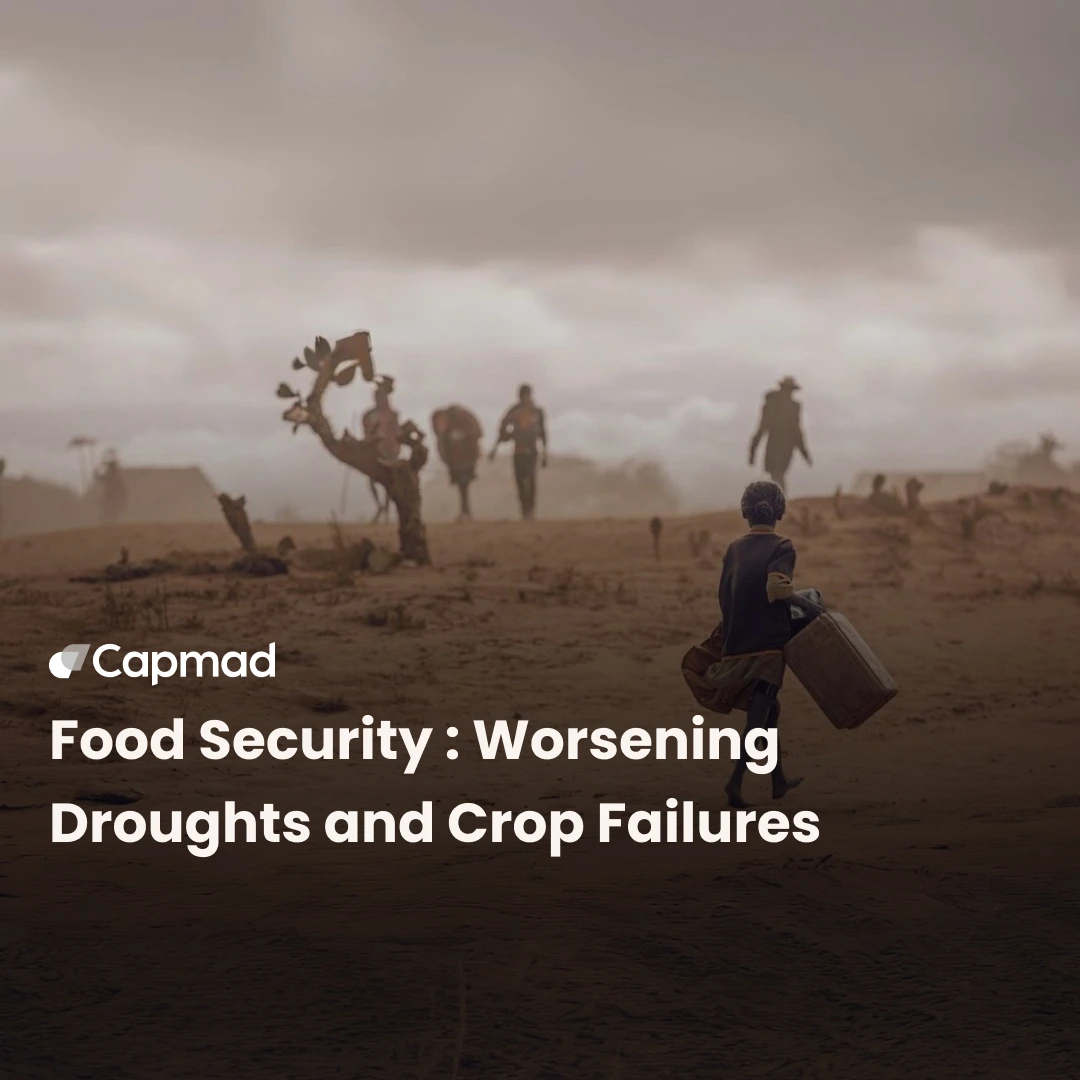Despite possessing 6.2 trillion USD in natural wealth, Africa remains rich in green resources but poor in liquidity. Projections indicate that accounting for carbon management alone could have increased Africa’s nominal GDP by 66.1 billion USD in 2022. In Europe, carbon prices can reach 200 USD per ton, whereas in Africa, the same credits are traded for just 3 to 10 USD per ton.
Recognizing natural capital as an integral part of economic wealth
At the 29th Conference of the Parties (COP29) in Baku, Azerbaijan, African leaders are calling for a fair assessment of the continent’s natural wealth, including vast forests, carbon sequestration capacities, and ecosystem services.
They are advocating for these assets to be factored into the calculation of Gross Domestic Product (GDP), a bold proposal aimed at redefining global wealth by integrating Africa’s immense natural resources into economic frameworks.
In a joint statement, African heads of state highlighted the invaluable contributions of their ecosystems to global public goods. « We are doing meaningful work for both Africa and the rest of the world », emphasized Denis Sassou Nguesso, President of the Republic of Congo, underscoring the need to recognize natural capital as a core component of economic wealth.
Value of Africa’s natural wealth
Africa’s natural wealth is estimated at trillions of dollars far exceeding the GDP of many of its countries. A report by the African Development Bank (AfDB) revealed that in 2018, Africa’s GDP stood at 2.5 trillion USD, dwarfed by its natural capital, valued at 6.2 trillion USD.
Despite this abundance, the continent remains, as AfDB President Dr. Akinwumi Adesina puts it, « rich in green resources but poor in liquidity ». Preliminary estimates suggest that incorporating carbon conservation alone could have added 66.1 billion USD to Africa’s nominal GDP in 2022 a figure surpassing the combined GDP of 42 African countries.
The question is no longer whether Africa is wealthy but why this natural wealth is not reflected in global economic measures.
Carbon credits : Double-edged sword
While African forests play a vital role in absorbing global carbon emissions, the continent continues to participate in inequitable carbon markets. During COP29 negotiations, leaders expressed concerns over what Dr. Adesina described as « carbon grabbing » where African nations sell carbon credits at a fraction of their value.
In Europe, carbon prices can reach 200 USD per ton, compared to just 3 to 10 USD per ton in Africa. This stark undervaluation penalizes African countries and undermines their sovereignty over lands designated for carbon management. Dr. Adesina warned that this practice represents a « lose-lose scenario » for Africa, both economically and environmentally.
Global alliance for natural capital accounting
To address these disparities, African leaders are proposing a global alliance with other regions, including Latin America, Asia, and the Caribbean, to advocate for the inclusion of natural capital in GDP calculations.
Rwandan President Paul Kagame emphasized, « We are not asking for handouts but for the world to pay for something of immeasurable value to all of us ». Similarly, Kenyan President Dr. William Ruto argued that recognizing Africa’s green wealth could unlock financial flows and improve credit ratings, thereby attracting much-needed investment into African economies.
Africa’s path toward economic justice
The discussions at COP29 mark a pivotal moment in Africa’s pursuit of economic justice. For decades, the continent’s contributions to global sustainability have gone unrecognized. Its resources have been undervalued, and its economies are constrained by outdated growth indicators.
African leaders are challenging the international community to rethink how wealth is measured, advocating for the inclusion of natural capital in GDP calculations. This effort is not just about Africa, it is a call for a more equitable global economic system that values sustainability and acknowledges the intrinsic worth of natural ecosystems.
Integrating natural capital into GDP calculations could transform Africa’s economic narrative. By valuing its natural wealth, the continent can attract investments, improve its credit ratings, and ensure its resources are harnessed for the benefit of its people.






